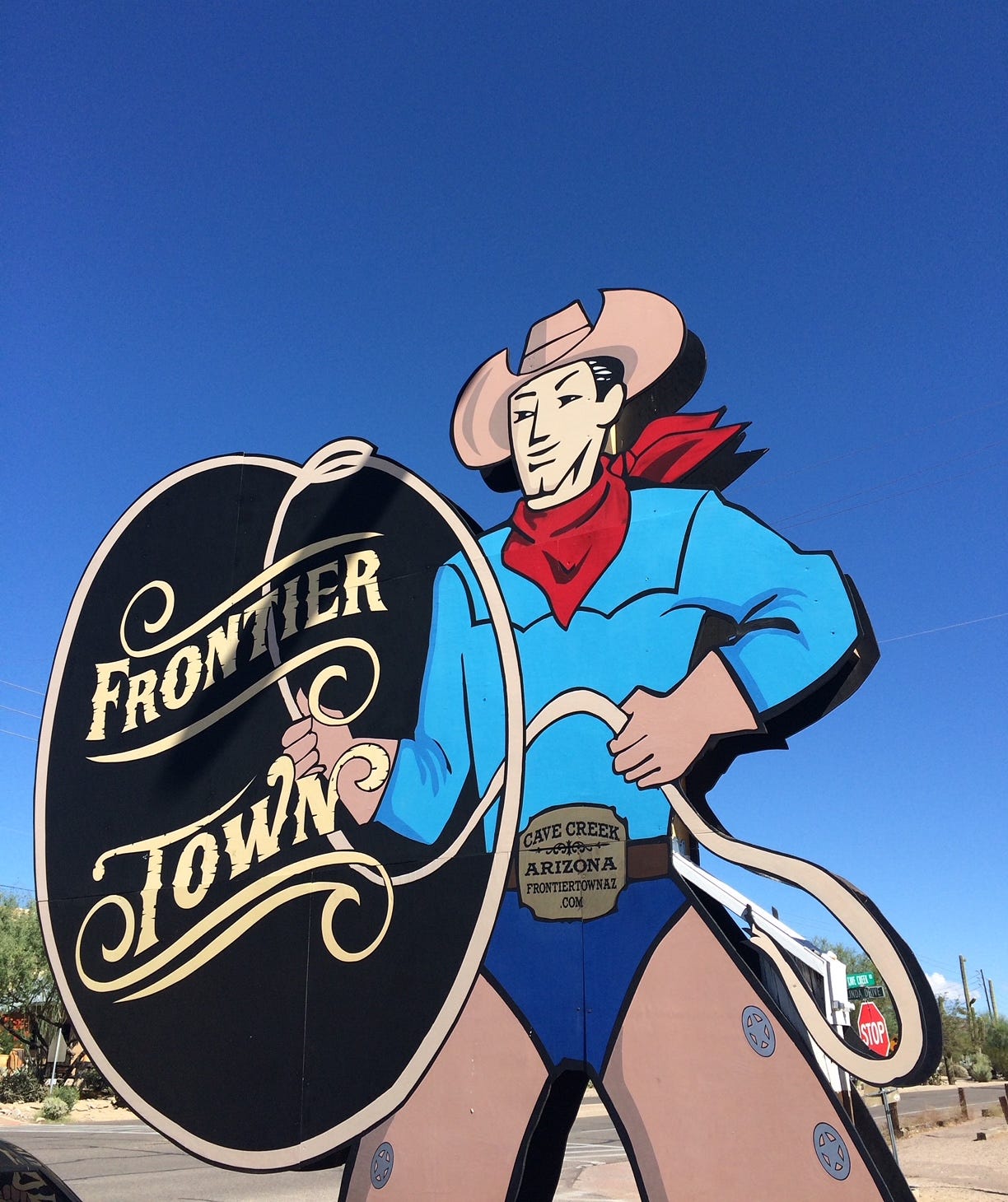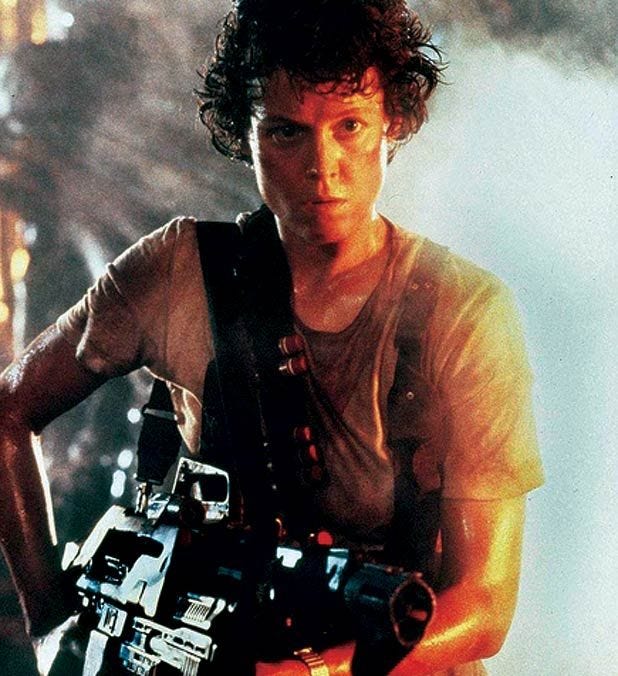You know that scene from Alien?
My 5th year surgery anniversary
Exactly 5 years ago my life changed forever. I approached a new frontier. I had a partial laparascopic hysterectomy to remove a zoo of fibroids that had invaded my uterus and severely impacted the quality of my life. My surgeon, a rockstar female veteran surgeon, told me that she also discovered and removed severe endometriosis and adenomyosis in my abdomen. She had to detach my bladder from my intestines because the endometriosis had fused them together. Think that scene from Alien.
Record scratch sound — and most men are now squirming in their seats — read on fellows, read on! Chances are you know someone who is a woman, and if you know someone who is a woman you might find it useful to know that about 20% of all women in childbearing age have fibroids, and 50% of women who are 50 years or older have them. We just don’t talk about them all that much. But lots, and I mean lots of women suffer their entire lives with pain caused by periods, cysts, fibroids or endometriosis (or something similar.) I happen to be a person who has no problem talking about this kind of stuff. I also happen to believe that the female reproductive system has some freaking serious flaws, but that’s just my opinion, man.
Needless to say I am no medical expert of any kind and am merely sharing my own journey. Read on.
So, it took me three years and seven doctors (probably more) to become comfortable with the thought of a) undergoing major surgery b) removing a body part that I was born with. I had a ton of mental work to sift through and it took me two ER trips (ruptured or twisted cysts and fibroids) to realize life might be better without the fibroids. I had already lived with periods from hell all my adult life, and my superpower included locating clean restrooms in all major cities in California (not kidding).
The prospect of not having any more periods in my entire life was, well, almost too good to be true. The surgeon told me there was about a 10% chance that patients would still have periods. I told her to do whatever she could to make me part of the 90%. I felt like it was a nice trade-off for giving up my uterus and the fibroid-aliens. I could finally wear white pants whenever I wanted and not carry a purse with period supplies that could take care of a female soccer team for two weeks. Heck, I could walk around — without a purse! [Spoiler alert: I am part of the 90%. Yeah baby, top pocket find!!]
But I’m getting ahead of myself. The mental work. After it was established that I most likely didn’t have cancer (only way to find out for sure is by analyzing the actual tissue after surgery) and that it wasn’t my appendix (that came later, in 2020!) — I proceeded to see doctor after doctor for second, third, quadruple opinions. I’m not the ‘The doctor told me to eat this pill so I ate it!’ person. I am the scientist patient. I want to know everything. I can handle all the disgusting stuff. I need to know, stuff. I read the medical journals online. And, I’ve been around the block a few times with family members who’ve been through worse stuff, so I know how important it is to self-advocate and ask questions. Ultimately you’re the only one who can make the final decision about your own body.
Get a notebook. This notebook will be where you write only medical stuff. You’ll bring it with you to every appointment you go, and you’ll record everything you learn or want to ask or need to remember. This will become more important once you hit your 40s. Trust me. I’m on my third notebook, and I’ve had doctors who are impressed when they see a patient who’s taking notes. I think it does something psychological too — they realize this person is taking things seriously.
Back to the mental prep work to get more comfortable with the idea of having surgery to remove the organ that in essence separates me from men. The life giving organ. The womb.
I took the scientific path. That’s how I function. I analyze, research, think, freak out, think more, analyze, research, repeat. I think I also need to mention the elephant in the corner; children. I had already, earlier in my life, come to terms with the fact that I will never have children. This is a trigger for many — and I can only imagine the sorrow so many go through who cannot have children. A loss, a missing piece, that can destroy lives, I am aware of it. So I want to tread lightly here. My life path ended up not including children. I had already processed that (and will not cover that process in this essay), so in a way I walked into this surgery a bit more prepared than many other women. Still, it is a big deal to remove one’s uterus. It is in fact, life changing. That’s why it took me three years to make this decision.
I began hiking. Hills mostly. There was something about fighting with those hills and strengthening my lungs and legs. And there, in the back of my mind, was that thought — what if it was cancer? After all? Again, no way to know for sure until they’d analyze a piece during surgery. I went to get scans of my fibroid collection now and then, and they kept growing. And growing. And causing pain that made it impossible to function as a human being.
My primary care physician at the time apologized to me when she finally understood that I have an incredibly high pain threshold. She had, I guess, doubted me and taken the ‘oh it’s not so bad, you’ll get over it’ attitude. I can tolerate pain many others can’t. And that’s not good. Pain is a message that something is wrong. I suffered for years and years with crazy pain. I went to work with crazy pain and looked as if nothing was going on. The truth is that many women do this every day. And they shouldn’t have to bear pain like that.
I also decided one thing. If I’m going through this shit, I deserve a recovery period that is decided and run by me and my needs. I read about women who had to go back to work way too soon after their surgery and I was not going to do that. This journey is about me and my life and I will determine what time I need to recover. I was fortunate to be able to time my surgery so that it took place during a longer vacation.
One morning, about a month before my surgery, I painted all my fibroids. Today this painting hangs in my bathroom. Those things grew inside me. How freaky is that? The human body is pretty amazing.
The reason I decided against a full hysterectomy was that I didn’t want to go into menopause overnight. It was one thing to cut out a body part, but I wasn’t mentally prepared to deal with menopause on the same day. Hell no. There’s a really great resource and support forum called HysterSisters where I found a lot of help as I prepared for my own surgery. Every story is unique. This is essential to grasp when we read about other’s surgery ‘war stories'. You have to be able to sift through medical information without getting too panicky or worried. You have to find a way to keep your head screwed on straight. And that’s when I remembered Belleruth Naparstek!
Many years ago I took part in the Creativity Workshop in Florence, Italy. The workshop coach told us to jot down this name: Belleruth Naparstek. I did. Years later that name saved me during the first surgery of my life. Guided imagery is a method that allows you to safely and comfortably take yourself through something difficult and stressful. Like surgery or anxiety. Belleruth developed this method and it is not only highly effective, it is also backed up by scientific studies. I can say: it works. Try it.
Having a surgery is a bizarre experience. If you’ve been through it you know. If you haven’t, hope that you never will have to. And if you do, they’ll take good care of you. I don’t think I have greater respect for anyone else than surgeons and the entire surgery crew. Isn’t it bizarre to think about what they actually do? Always be sure to thank them and be kind to them. I am amazed at what great things some humans are capable of, and humbled by my own lack of magnificence! I didn’t have cancer. The surgery went well. I did end up with a nasty infection but was able to deal with that at home. A month and a half later my husband and I flew to England for a vacation.
One thing. Reading about other’s surgeries always seem a bit… ‘Gosh, it must’ve been awful! And now let me scroll to something else and oh, what are we having for dinner?’ The recognition factor only works if you’ve been through it yourself or perhaps if you live with someone who’s been through it or is going through it. The reason I write this stuff is because not enough people write about this stuff. So I take it upon myself to sort of rub it in, a little bit. See? Like a little nudge of Ripley’s flamethrower or whatever it is she’s holding there. We need to take a bit of space here. A bit of humor doesn’t hurt either. Some women name their fibroids cute names. I looked upon mine as those chestbursters in Alien.
In year 2023 women’s issues like fibroids, hysterectomies, and menopause are still not talked about enough. The reason is not difficult to figure out. All those things have to do with getting old. Age. Then combine that with women and you’ll pretty quickly see something that no one wants to admit.
Anyways! Life is pretty darn awesome. Life is for living.
Want to share your surgery story? I promise I will read it!
Thank you for reading! Press the heart button as a ‘guest book’ signature or even, gasp, write a comment! I appreciate all your support. Please consider dropping a few bucks in the Venmo below.
Enjoying my writing? Check out No End Code, my sci-fi anthology and leave a review on Amazon and Goodreads.








Love hearing more about your journey! You know mine had a cute name, Fibroid Betty! But that was as a way to have compassion for something that was essentially a part of me. What's great about your Ripley reference is that my mom loves that movie and taught me early on that Alien is a feminist movie.
Thank you for writing and sharing this, Minna. These issues are definitely not talked about enough, and I really appreciate reading your perspective (and it's beautifully written).